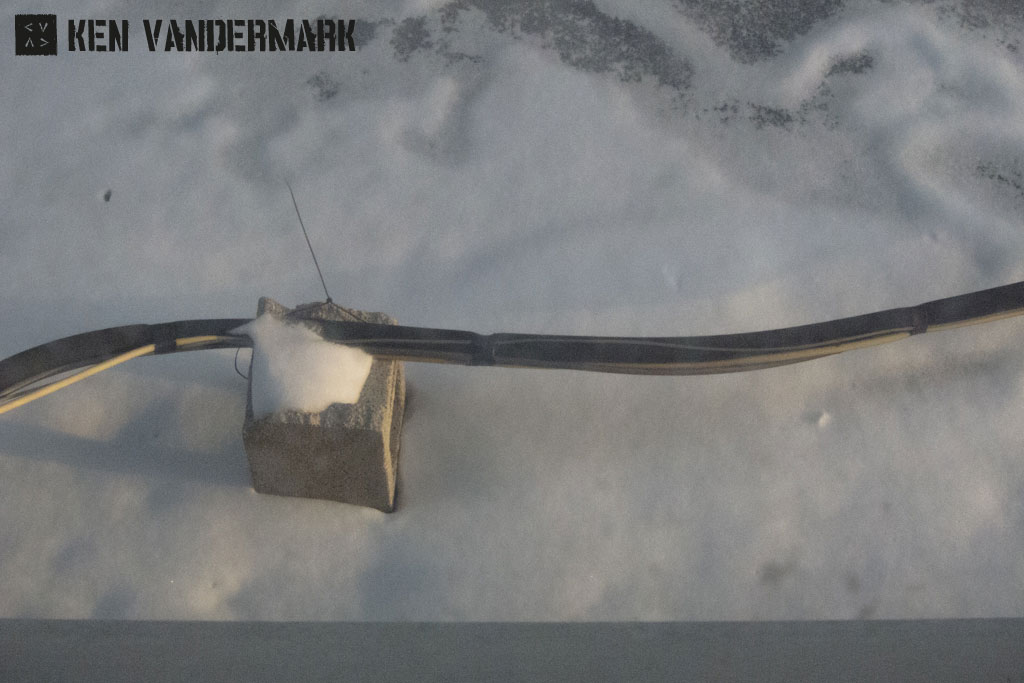

JC: You didn’t really start out playing in a vacuum, did you?
JMP: I was a big Art Blakey/Jazz Messengers, Horace Silver and Cannonball Adderly fan. All the groups I played with played like that. There were a lot of jam sessions. I played in a group called Ira and the Soul Project: Hammond B-3, drums, guitar, vibes. We played jazz before we’d play soul music, dance and sing. I loved it. Every Friday, Saturday and Sunday night, the people were into it! Then it sort of changed. I had music that I was trying to play, and it became something of a threat. People would lose their job if they did what I was doing, so they quit. When I say I developed in a vacuum, that’s a little misleading, because I certainly listened to all the great music that was on record, and I went to hear the great players.
JC: Early on in your public performing life, though, you had fantastic opportunities with Clifford Thornton, Don Cherry…
JMP: In an extraordinary situation, the day after John Coltrane died I went to a recording session with Clifford Thornton for the recording Freedom & Unity. The bassist was Jimmy Garrison! I mean, can you imagine, the first recording you’re going to do? A few years later I was invited to do this recording with Don Cherry for a week — the whole concept of the way I organize the large ensembles I recorded for hat Hut was based on what I learned from Don Cherry. Ornette Coleman, Eric Dolphy — I read all the things in Down Beat about why you shouldn’t listen to them, so I went out and bought all the records… don’t tell me what I can’t do! [laughter] I couldn’t understand what they were talking about. By the time I went into the Army, I took all my Ornette and Coltrane records — “Chasin’ the Trane” had me dumbstruck, destroyed me! I built a record player. It ran on batteries, and I put a transmitter in it. In the barracks I’d flip on the transmitter and it’d block out all the radio stations, because it was stronger than them. And nobody could hear anything except Ornette. [laughs]
JC: Radio Free McPhee!
JMP: I painted a watercolor of Ornette, hung it inside my locker in the Army. You think that didn’t get me in trouble? It wasn’t a naked woman, it was Ornette. There wasn’t a lot of jazz in my family. My parents are both from the Bahamas. I was the first person in my family born in this country, in Miami, Fla., of all places. My parents came from a very English, British background — I didn’t grow up in a Baptist church listening to gospel. The jazz that I acquired, I got through friends. And then when I got to the other side of the music, Ornette and the rest, that was a choice of my own. I found that music, and I had to seek it out.
KV: Well, it was kind of the opposite for me. I grew up in a family where my parents, particularly my father, were listening to jazz all the time. I wasn’t really exposed to contemporary popular music like rock until I went to college. As a kid, I went to lots and lots and lots of live concerts. I must have gone to Lulu White’s in Boston, where I grew up, more than once a week. Saw Johnny Griffin, the Art Ensemble, Benny Goodman, Art Blakey a bunch of times. It was also important that my father never categorized things at all. We’d listen to Stravinsky, then Duke Ellington, then Monk, then Sly and the Family Stone. It was all music, just music in the house. That made me hear Ellington and Stravinsky on the same level, not to listen to Ellington as a “jazz” musician and somehow, subconsciously, look down on him.
© 2024 Ken Vandermark – musician & composer | Disclaimer